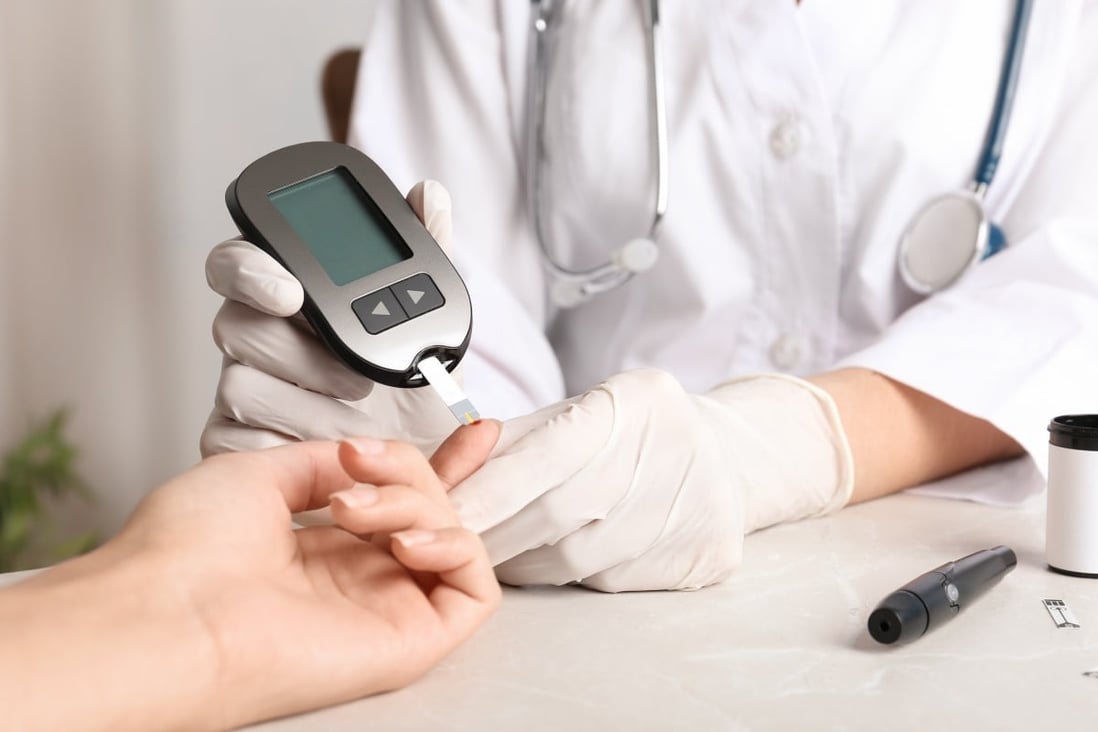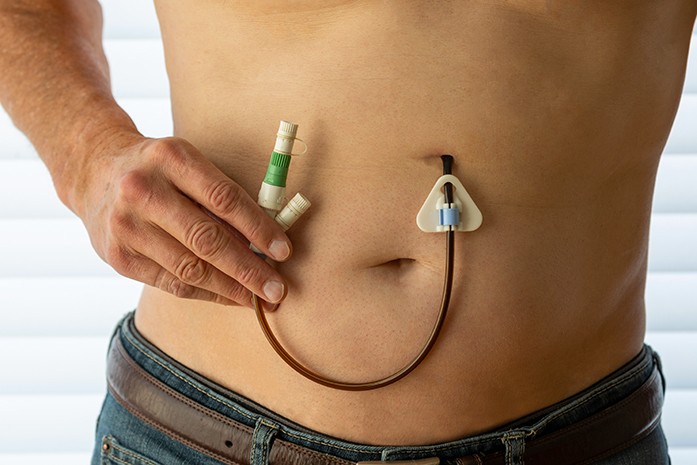Post-Acute Withdrawal Syndrome (PAWS) is blamed for many relapses those face when trying to stay sober. After the initial withdrawal found in early abstinence, some claim there to be a second group of symptoms – a prolonged withdrawal – which is not an official medical diagnosis.
Is Post-Acute Withdrawal Syndrome real?
There is a serious shortage of scientific evidence to back up the existence of PAWS, causing confusion within the recovery community. It could simply be an excuse for relapsing; the truth is unknown.
Some claim that PAWS was created for rehab centres to justify their patients staying longer. However, some patients have found that the phenomenon is very real.
What are the Symptoms of Post-Acute Withdrawal Syndrome?
People who claim to experience PAWS describe their symptoms coming in waves. They are up and down with the effects – found weeks into their abstinence. The symptoms include:
- Unpredictable and unstable moods/feelings
- Losing interesting in things which were previously enjoyed such as eating
- Not being able to concentrate/ think clearly
- Lack of coordination/ being clumsy
- Disturbed sleep
- Strong cravings for using
- Increased stress levels
Many of the symptoms of PAWS could also indicate a mood disorder – such as major depression. These can often coincide with substance use, so a psychiatric evaluation should be organized.
How do I manage Post-Acute Withdrawal Syndrome?
As stress levels can make PAWS feel more intense, you should first manage your stress levels. This will then help you to control the PAWS symptoms. Stress management strategies include:
- Identifying what makes you feel stressed
- Creative decision making/problem-solving strategies
- Keep to a healthy balanced diet
- Exercise regularly
- Stick to a schedule
- Try to stick to a positive attitude and outlook on life
- Learn ways in which you can relax
Talking about how you feel, and discussing what your triggers are with someone you trust, such as a loved one or addiction counsellor can help ease the feelings of prolonged withdrawal. When you speak about a situation, it enables you to see things in a different light, often more realistically.
Some who quit an addictive substance will never experience these prolonged withdrawal symptoms, whilst others still face them years after rehab and abstinence. This could potentially have a link to what substance you used, how much you used, for how long.
However long after abstinence, you are still feeling the effects of PAWS, you must remember that it is reversible, and you will be able to find a happy, healthy life in recovery.
























